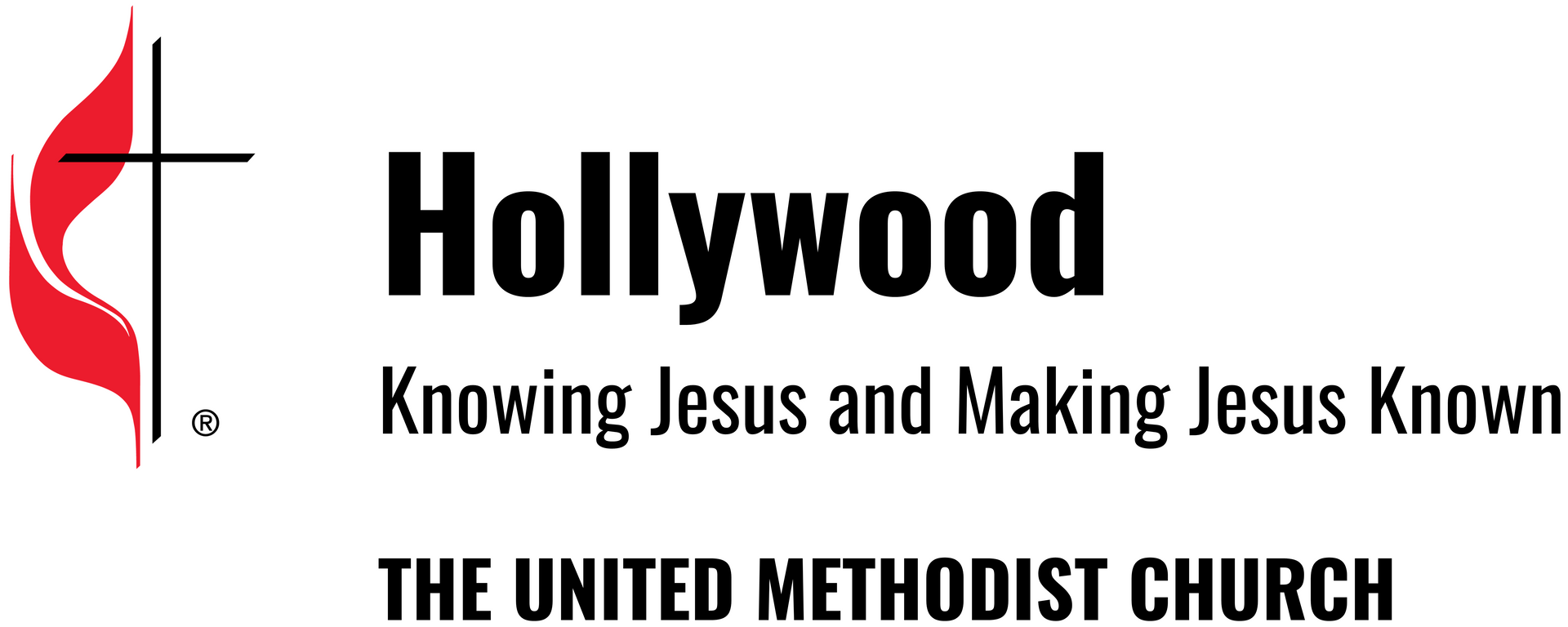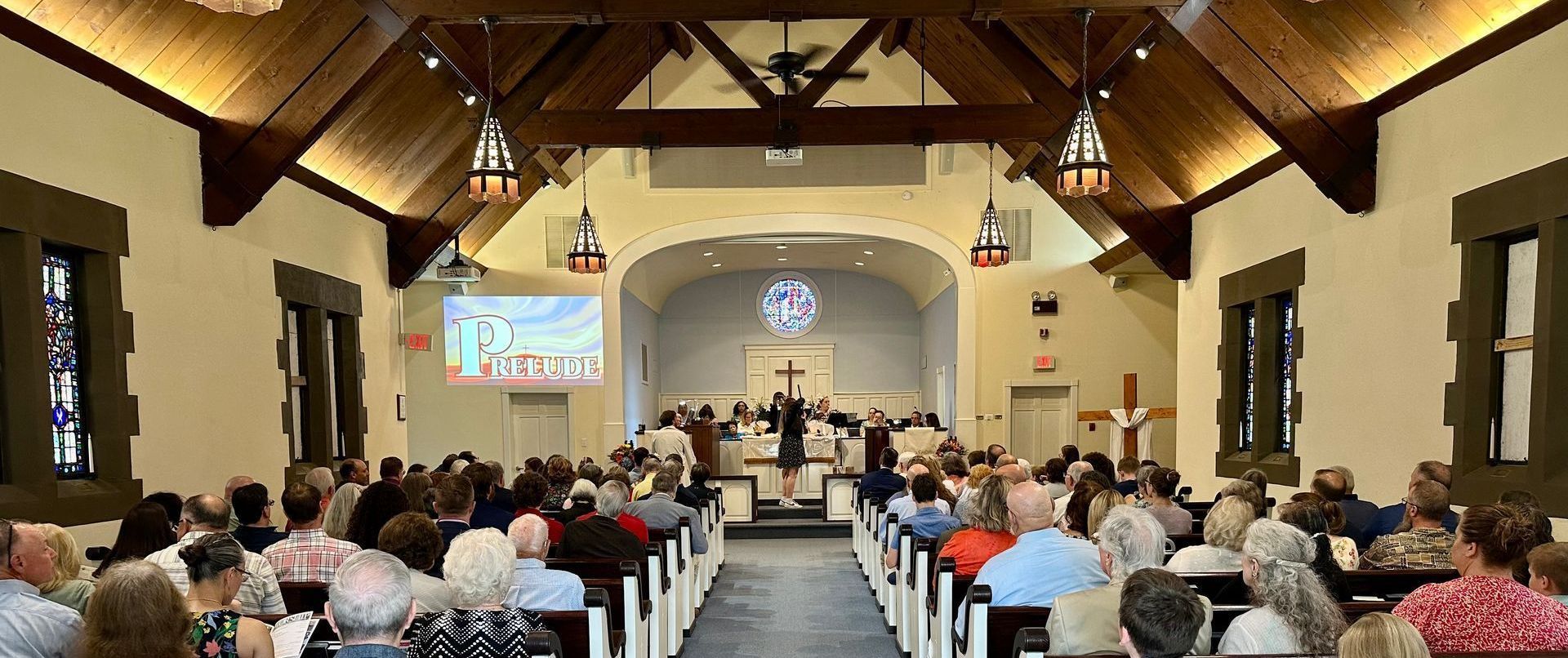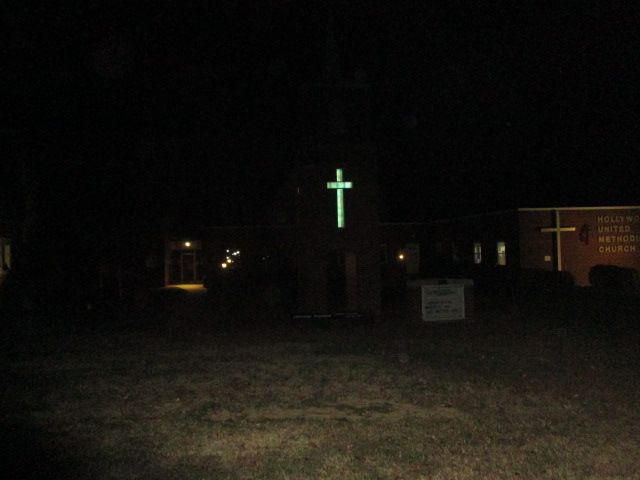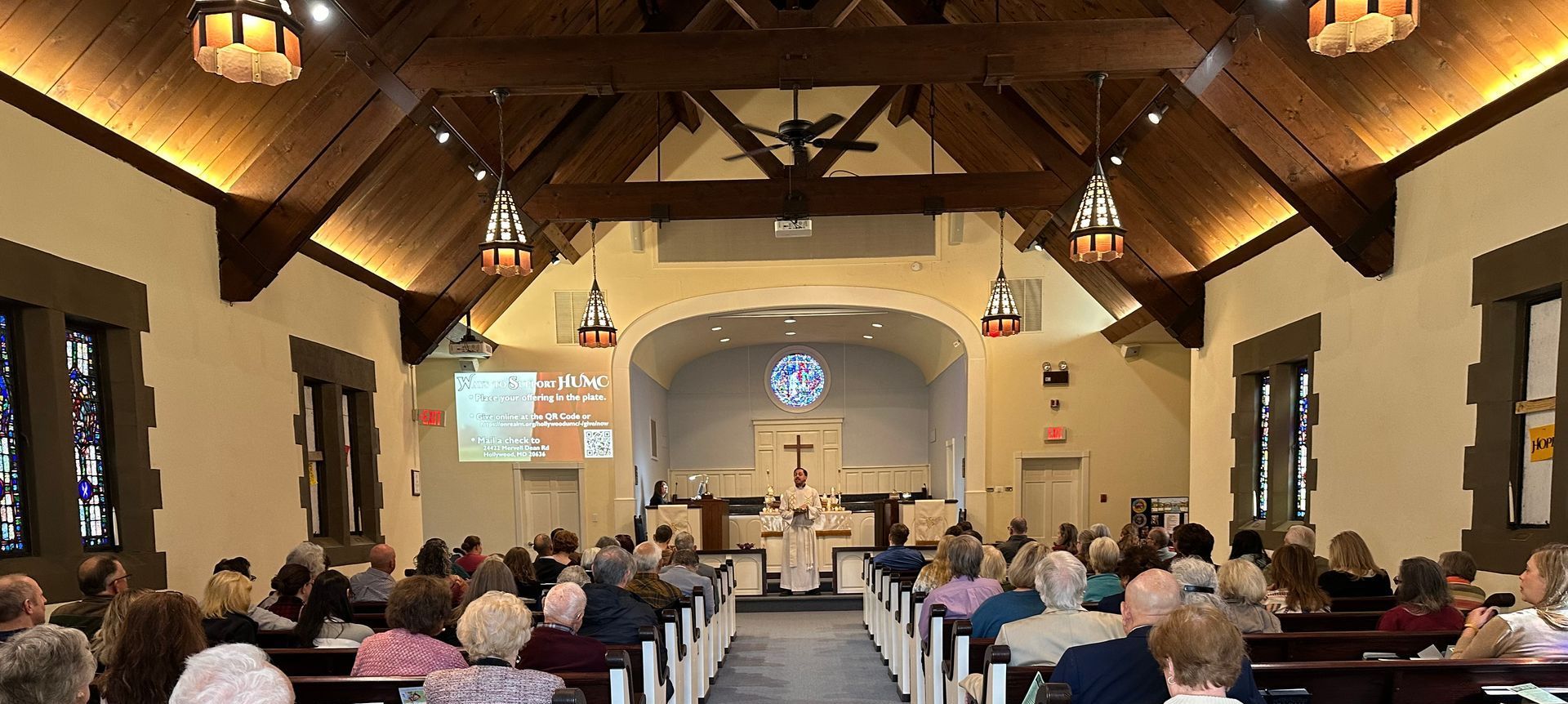A Sheep, a Coin, and a Son
What Don't We See?
“A man had 100 sheep…”
“A woman had 10 coins…”
“A man had 2 sons…”
This is how a set of Jesus’ parables open in Luke 15. The first quickly loses one of those sheep. The second loses one of those coins. The third loses a son. Our current Tuesday Bible study just discussed these three parables this week and the ways we interpret them. The general consensus was the sheep and sons parables were powerful for us, while the lost coin was a bit more meh. We spoke of how these parables bear witness to God’s joy of welcoming the lost. We spoke of how repentance works. We spoke of how some parables speak to us differently at different times in our lives. We spoke of how much harder people are than sheep and coins.
Amy-Jill Levine, the author of our current study, offers some insights and challenges to how we read these parables 2,000 years after Jesus spoke them. While she is not one to give an emphatic, universal interpretation to parables, her gentle nudging has impacted the way I read them. When it comes to this triplet of parables, she has drawn my attention to our calling and subsequent failure to “see all the people.” It’s interesting that we imagine a person who is able to see 1 missing sheep (out of 100), 1 missing coin (out of 10), but fails to see 1 missing son (out of 2). Yes, he seems keenly aware of when the younger son (the so-called prodigal) has run off to a foreign land, but is he aware when the missing one is the eldest (the so-called prudent)? Things that make you go hmmm.
It’s been on my mind since Tuesday, but it has become all the more powerful today as Joyce Anderson and I worked through our annual “Care of Members Report.” This is an annual report all UMC congregations must do as part of our annual Church Conference. It’s a way for us to consider whether we are seeing all the people. When a person becomes a member of Hollywood UMC, both the individuals and the congregation make a covenant to care for each other; pray for each other; see each other. When someone is not seen (i.e. absent), churches often blame the missing person, while forgetting the covenant works both ways.
At present, Hollywood UMC has 288 professing members. Some of those members have children who have not become full members. Not every person who is a regular part of our Sunday worship is a member of the congregation. We currently worship with roughly 94 people in the pews on Sunday and maybe 30-40 people joining us through YouTube. Who don’t we see? Who is missing? If you were here then, who did you see on March 15, 2020, but you don’t see now? Maybe there is someone who has come to join us since then, but you don’t see. Who don’t you see?
My first Sunday as the pastor of Hollywood UMC, I did not see all the people. I could not see all the people. We were just a couple of months into the COVID pandemic, and almost all of the people could only be a part of worship through the wonders of YouTube. Slowly, the doors reopened and the pews refilled. It is truly a joy that we are able to continue to offer YouTube as a way for people to worship with us when they are not able to attend in person. It is a wonderful way we allow people to dip their toe into the water of Hollywood UMC before joining us in the building. Still, most Sundays, I do not see all the people, and I confess I do not know who I do not see.
One of the things that is shared by all three of those parables is the way in which the one who lost the thing seeks it. The shepherd leaves behind the 99 to search for the 1. The woman lights a lamp and cleans her house to look for the coin. The father, upon seeing the prodigal walking, takes off running to embrace him. We can’t always know why the sheep or the coin or the son wandered off, but we can seek them out. We can call them. We can let them know we miss them. We can get some coffee with them, maybe even coffee on the church lawn this Sunday (October 5, 2025). We may not see all the people now, but can we search for those we don't see anymore? And when we find them, can our joy be known in a way like a shepherd find a sheep, a woman finds a coin, and a father finds a son? Can we truly SEE. ALL. THE. PEOPLE?




